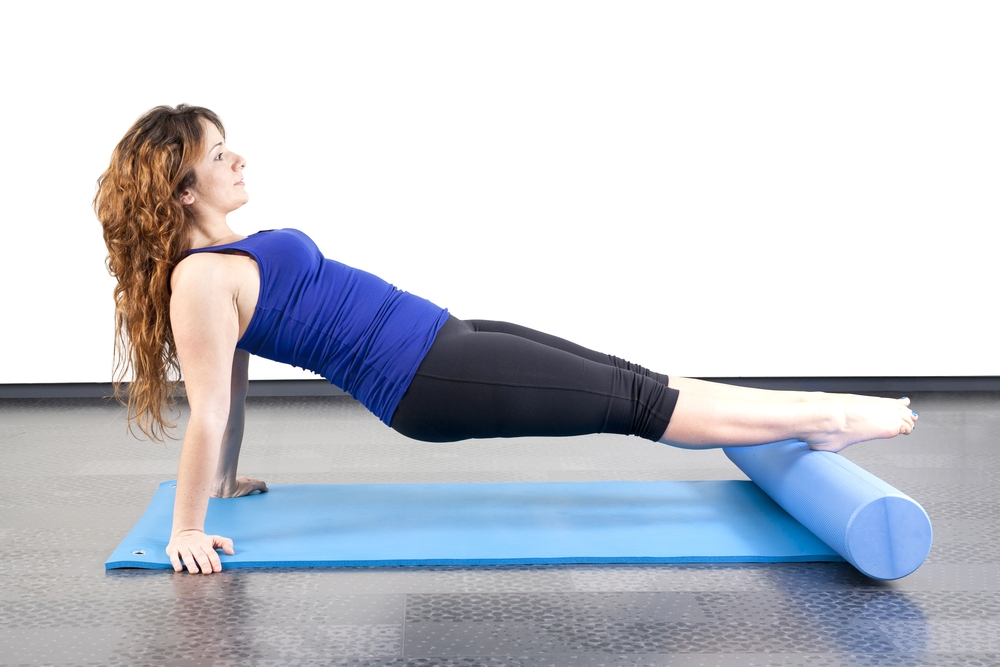Let’s talk about your musculoskeletal health. The musculoskeletal (MSK) system is the “backbone” of your body, literally. It’s composed of not only the spine but all your muscles, bones, and joints. It’s what makes it possible for you to move and do the things you enjoy. When your MSK system is functioning well, you feel stronger and healthier; however, when there’s a problem, you might experience pain and even disability – especially with aging. More than one in two adults report experiencing a musculoskeletal health condition such as back pain, neck pain, joint pain, arthritis, and osteoporosis.
The American Chiropractic Association offers the following small steps for better musculoskeletal health:
Musculoskeletal Health: Steps to Strength
- Move more. Bones, muscles and joints need movement to stay healthy. Get at least 150 minutes weekly of moderate physical activity (walking, yard work, recreational swimming) or at least 75 minutes of intense weekly activity (jogging, hiking uphill, basketball).
- Eat a balanced diet. Eat a balanced diet that includes whole fresh foods and avoid processed foods. Get enough calcium and vitamin D for your bones and lean protein to maintain strong muscles.
- Go outside! The sun helps our bodies produce Vitamin D, which in turn helps to absorb calcium and strengthen bones.
- Do weight-bearing exercises. Walking, jogging and resistance exercises such as weightlifting can improve bone density. Planks and squats can also strengthen core muscles. Non-weight-bearing exercises such as swimming and biking can benefit the musculoskeletal system.
- Stay hydrated. Drinking water makes muscles stronger by carrying oxygen to the cells of the body. It also helps lubricate and cushion joints.
- Quit smoking. It contributes not only to cardiovascular disease but also osteoporosis and bone fracture as we age.
- Get adequate rest. A good night’s sleep enables your body to repair muscles and joints that are strained or injured during the day.
- Don’t drink too much alcohol. Drinking alcohol excessively can lead to osteoporosis and bone fracture.
Musculoskeletal Health: Steps to Stability
- Lead an active lifestyle. This contributes to a higher level of physical fitness and better spinal control as we age.
- Practice good posture. It helps keep bones and joints in correct alignment so our muscles work more efficiently, saving energy and reducing fatigue while decreasing the abnormal wearing of joint surfaces.
- Maintain a healthy weight. Being overweight can put stress on joints, especially as we age, leading to an increased risk of injury. However, being underweight can increase the risk of bone loss and fracture.
- Make your environment MSK-friendly to promote good posture and prevent strain. Computer workstation tip: Keep your monitor raised to eye level, keep your elbows at a 95-degree angle as you type, and take breaks.
- Improve movement techniques to avoid strain and injury. Lifting tip: When picking up heavy items from the floor, do not bend over at the waist; instead, kneel down on one knee, as close as possible to the item you are lifting. Or, bend both knees, keeping the item close to your body, and lift with the legs.
- Limit screen time. Neck pain and poor posture can result from spending too much time looking down at your tablet or cell phone. Spend less time on mobile devices and do stretch and extension exercises regularly.
- Be proactive and prevent falls. Remove throw rugs, low furniture, cords, and other trip hazards on the floor; review medications with your doctor that could affect balance; have your vision checked; and start an exercise routine.
Enjoy Your Musculoskeletal Health!
By strengthening your musculoskeletal system, you can stay healthier and engaged in the activities that matter most to you. When strain or injury does occur, healthcare authorities such as the American College of Physicians and the CDC recommend a conservative approach to pain management that involves first trying non-drug treatments before moving on to medications and surgery. This approach has largely been a response to the opioid crisis in the United States, which has been fueled in part by MSK disorders. Low back pain, for example, is one of the most common conditions for which opioids are prescribed.
Whatever your musculoskeletal health goals are, our chiropractors can help. We practice a hands-on, non-drug approach to health care. In addition to our expertise in spinal manipulation, we have broad diagnostic skills and are trained to recommend therapeutic and rehabilitative exercises, as well as to provide nutritional, dietary, and lifestyle advice.
For more information on health and wellness, visit www.HandsDownBetter.org. To make an appointment with Bronston Clinics in Onalaska or La Crosse, please call 608.781.2225. Let’s get you back in motion.


